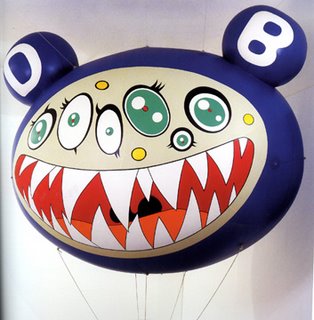What are young people like nowadays? What makes them tick? Are they the brats of today who simply refuse to grow up?
Rebels without a cause are definitely out and teenagers have long lost their status as outsiders. The clash of generations seems, at first sight, at least, to be no longer an important issue.
Becoming like your own parents doesn't seem like such a horrible nightmare any more, while rebellious urges similar to those of the mythologized generation of 1968 appear more and more like a historical curiosity. Heavy resistance is seen as pointless, because all the symbols of rebellious teenage behavior have been long deconstructed and absorbed by pop culture.
Youth culture today revolves around consumption and virtual, mediated worlds.If there are any remnants of protest left among the young people today, it is usually an "introverted private matter," which happens behind closed doors.
Youth culture today can also be seen as a system, which has paradoxically integrated change as its stabilizing factor. Fashion trends and new technologies, which are voraciously consumed by young people, simply feed into the needs of the capitalist market. Young people are always expected to serve a certain profile.

The post-adolescent thirtysomethings
The youth scene, which has been dominated since 1990s by electronic music, makes it quite obvious that the boundaries of so-called youth keep getting extended. It's not that hard to find 30-year-olds who are still dressing up young, living with roommates, and working as interns instead of pursuing steady jobs. You can also easily spot 40 year-olds clubbing all night long along with the new kids on the block. To grow up fully is becoming increasingly difficult. The sentence passed on popular culture today may read that "turning 30 is no longer cutting the invisible umbilical chord of our youth."
Although young people nowadays increasingly populate transitional spaces, such as vacation spots, airports or shopping malls, the "traditional" city takes up a central role in the exhibition as a stage on which various scenes, sounds and styles come into contact.
In today's urban space young people are attributed residual traces of consciousness, young people of today can be treated again as subjects and not merely consumers or regurgitators of cultural clichés.
article by: Soraia Vilela

No comments:
Post a Comment